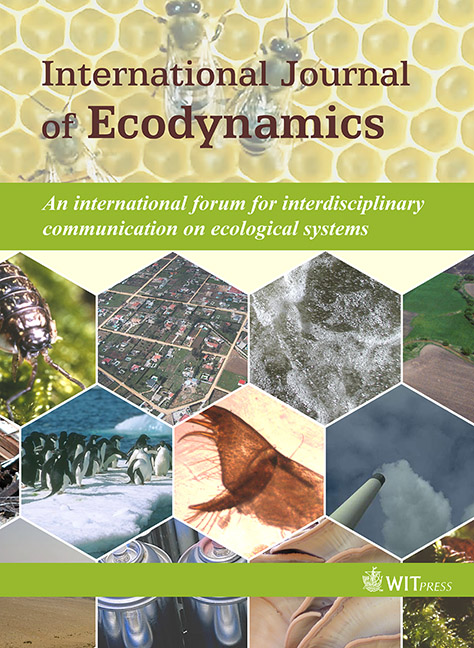The philosophy of perception regarding the development problem of a region's key economic sector: A case study of the Prebaikalia
Price
Free (open access)
Volume
Volume 1 (2006), Issue 1
Pages
7
Page Range
64 - 71
Paper DOI
10.2495/ECO-V1-N1-64-71
Copyright
WIT Press
Author(s)
M.V. Rogova
Abstract
The complexity of tackling a problem is often enhanced by a wrong determination of the reason for its origin. This is particularly true for the work of the administrative apparatus in countries with a Socialist and post-Socialist system where the economy is built upon the directive principle. In particular, this applies to the problems that emerged in agriculture as a result of the extensive development that was dominant in Russia during the Soviet era. Namely the extensification of the sector for stock-raising and universal development of collective farms, including in regions where the natural balance between pasturing and rehabilitation of grasslands had been historically observed, led to the degradation of pasture lands and hayfields. The study area lies on the Baikal's western shore where stock-raising traditions have their origins in remote times. The people residing there had historically tried not to disturb the natural balance when managing their economy and obtain only what was needed for subsistence. This historical factor was neglected during the Soviet era, as well as the fact that in regions with severe natural conditions, such as the Prebaikalia, the rehabilitation of the soil–vegetal cover was proceeding at a slow pace, and some areas were occupied by steppes, natural unique sites in the taiga zone. This led to soil erosion and to a substantial change in the species composition of the vegetation. This paper is concerned with some problems of estimating the various kinds of ecological risks that emerge with the establishment of a particular branch of the economy. A case history of the branch is examined with due consideration of the background experience and approaches in utilizing the natural resources by ethnic communities over the course of many centuries. An important aspect is the timely assessment of the possible natural environmental changes when acted upon by a particular factor, namely agriculture in the region in this case. The assessment of the cause and the process of such a risk perception is presented in this paper, as well as some suggestions regarding avoidance of the possible consequences on the shore area of the Baikal territory that was declared a UN World Heritage Site by UNESCO.
Keywords
extensive development of agriculture, risk factors, traditions of ecological nature management




